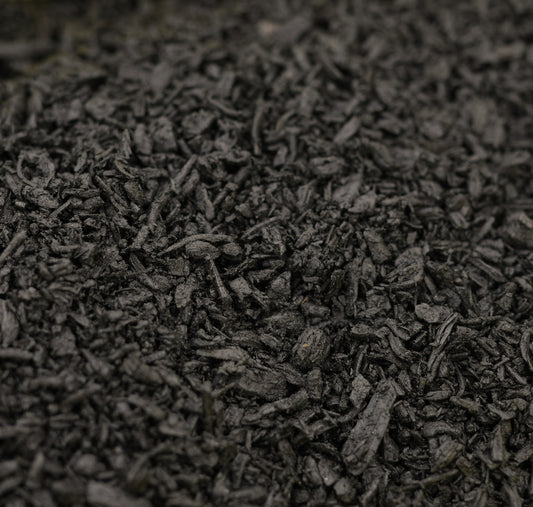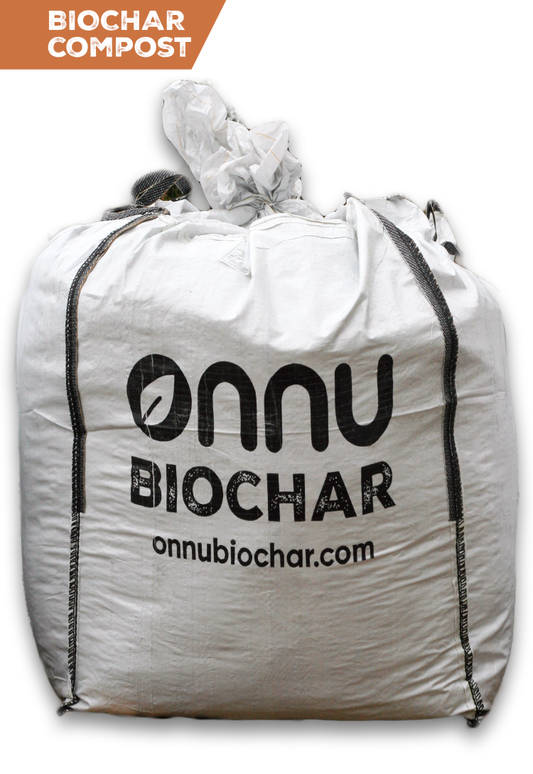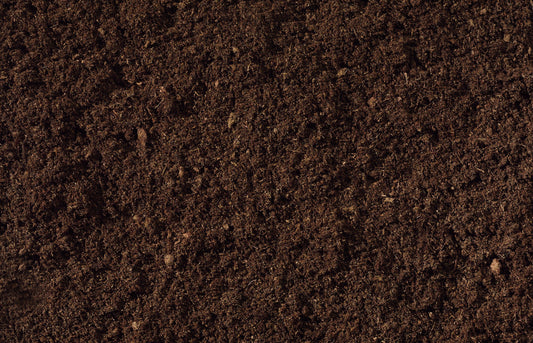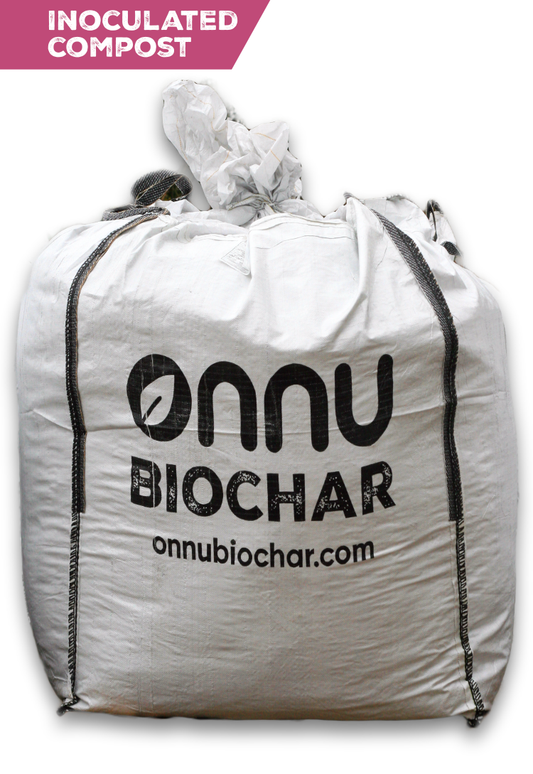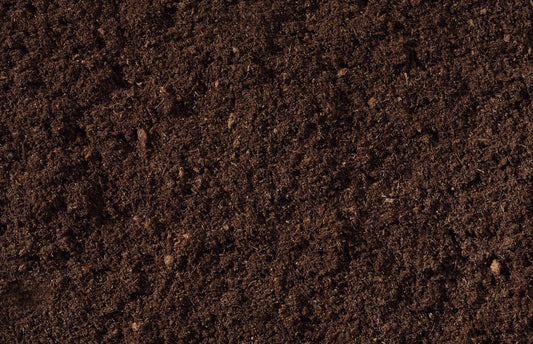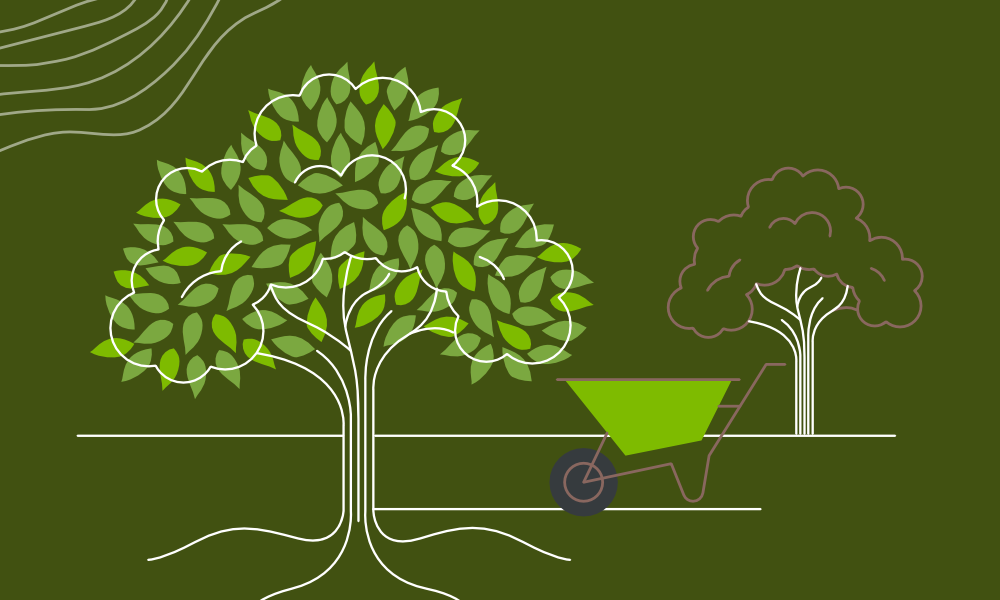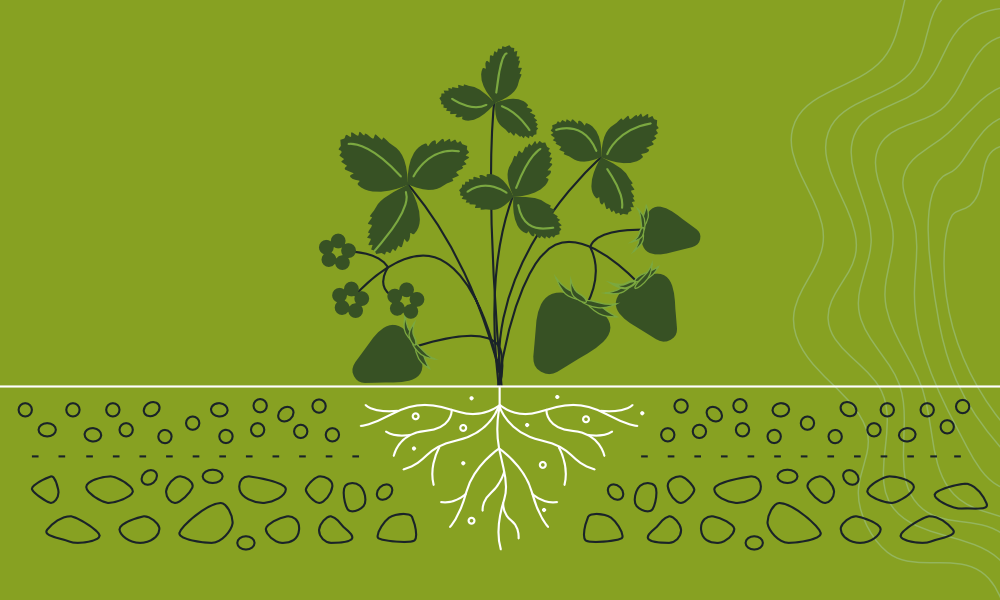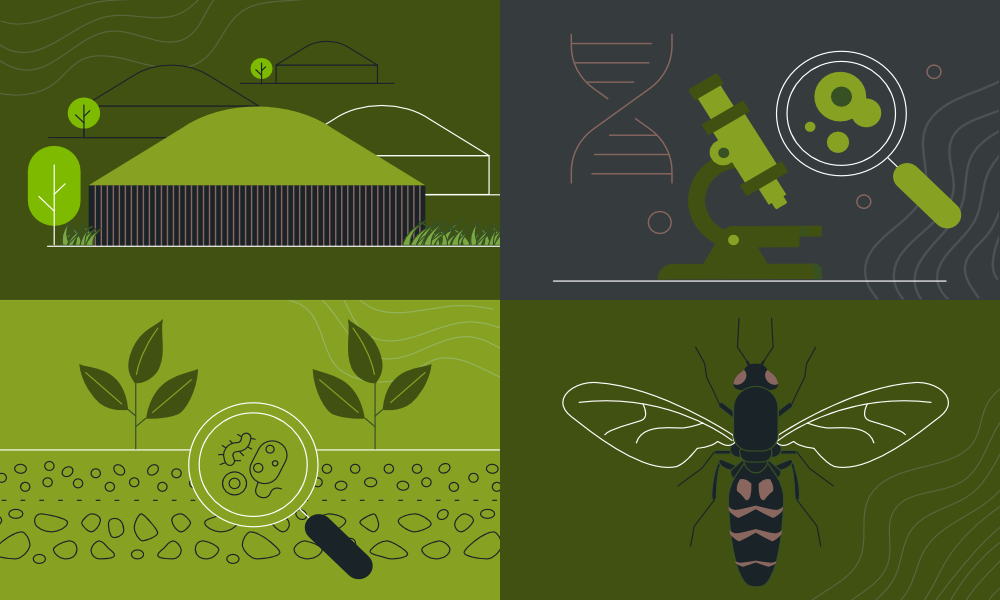Naturally
Better growth
Biochar is a natural addition to soil that helps to promote healthy plant growth. It helps maintain moisture and nutrients in the soil by increasing beneficial microbial life which interact with plant roots.
Long-lasting and easy to apply, biochar is perfect for gardeners, commercial growers and landscapers looking for strong, healthy plants.
And biochar has many other uses outside of soil! It can be used in building materials, in animal feed, and in water filtration (to name just a few alternative uses).
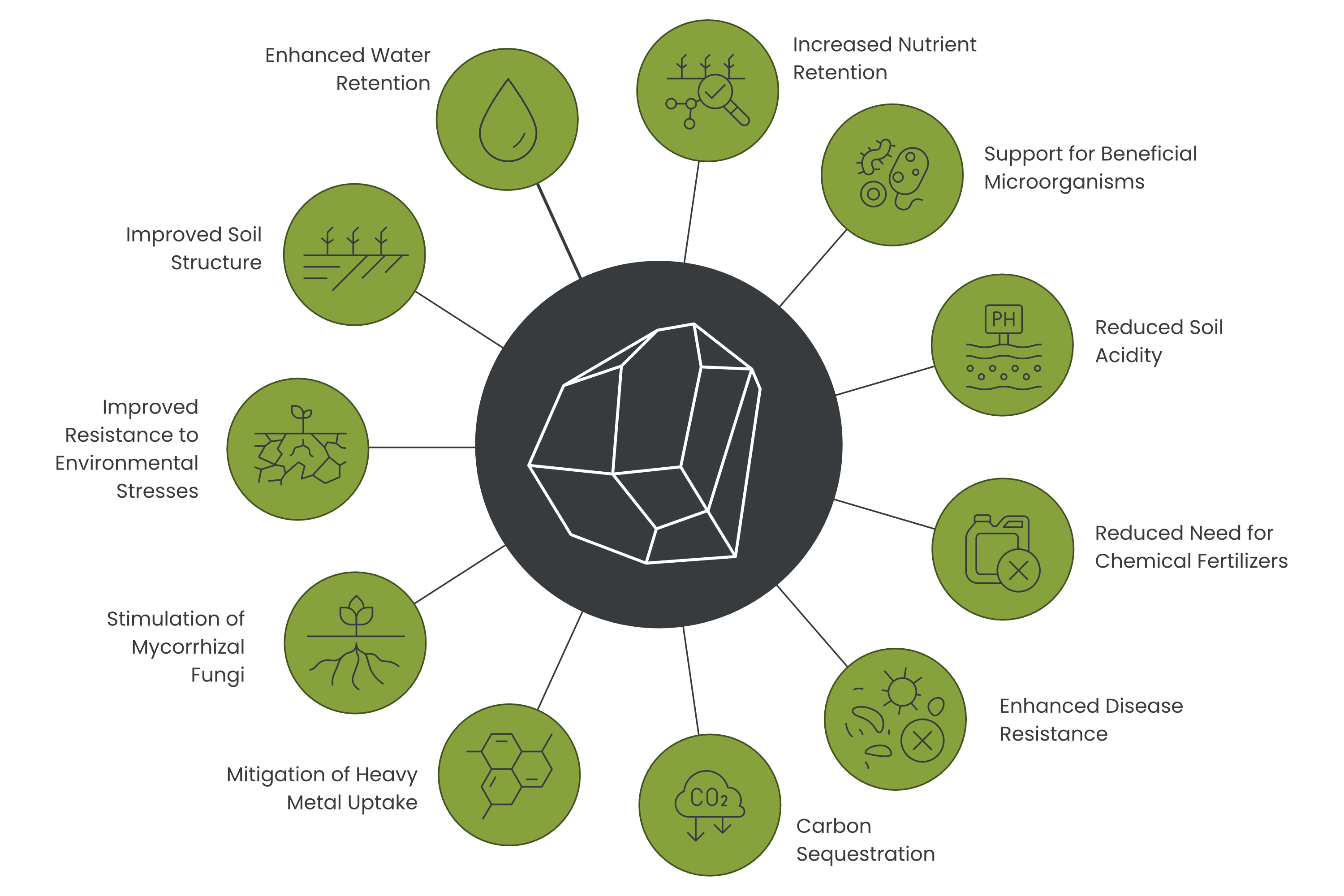
Explore
Our Products
A Tried and Tested Path
to Net Zero
Humans have been making biochar for thousands of years and, even without the luxury of lab testing, ancient Amazonian people realised the benefits that ‘Terra Preta’ (literally ‘black soil’) brought to their land - the proof was in increased yields and larger produce. What they may not have realised however, was the environmental benefits that biochar brings.
We take biomass that would otherwise decompose (releasing CO2 into the atmosphere) and instead heat it up to around 500C in the absence of oxygen, in turn sequestering the carbon content for hundreds of years. This process is called pyrolysis and is what provides us with our biochar.
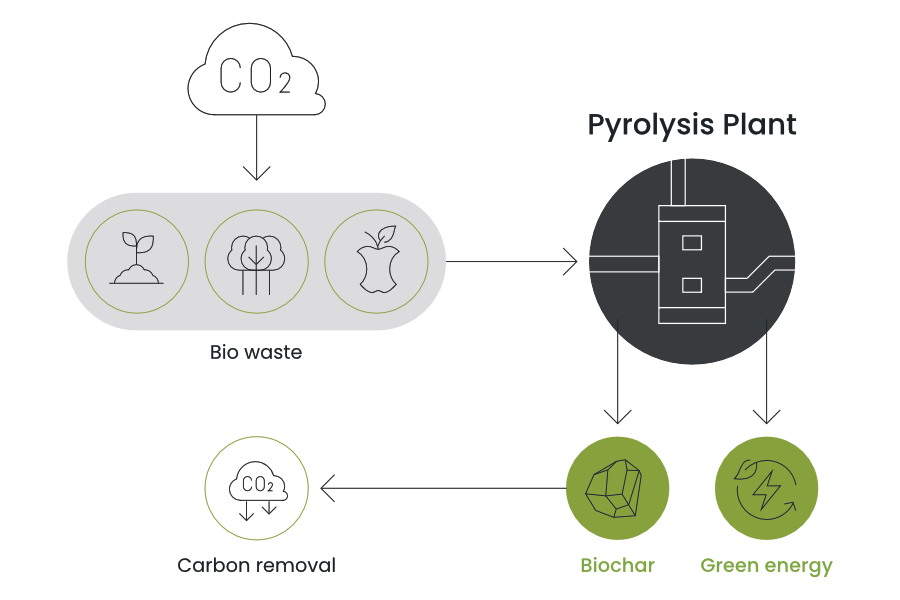
About Us
Why
Onnu Biochar?
Scale
Quality
Expertise
As a leading provider of biochar in the UK - our high-tech, environmentally friendly manufacturing sites efficiently deliver biochar at scale to meet the nation's growing demand.
The continuous manufacturing process coupled with sustainable feedstocks produces consistent, high-quality biochar for a range of different applications within trade and industry.
At Onnu, we partner with you to evaluate your specific needs, ensuring biochar fits and solves a measurable problem. Our expertise helps you unlock the full potential of biochar to achieve your goals.




